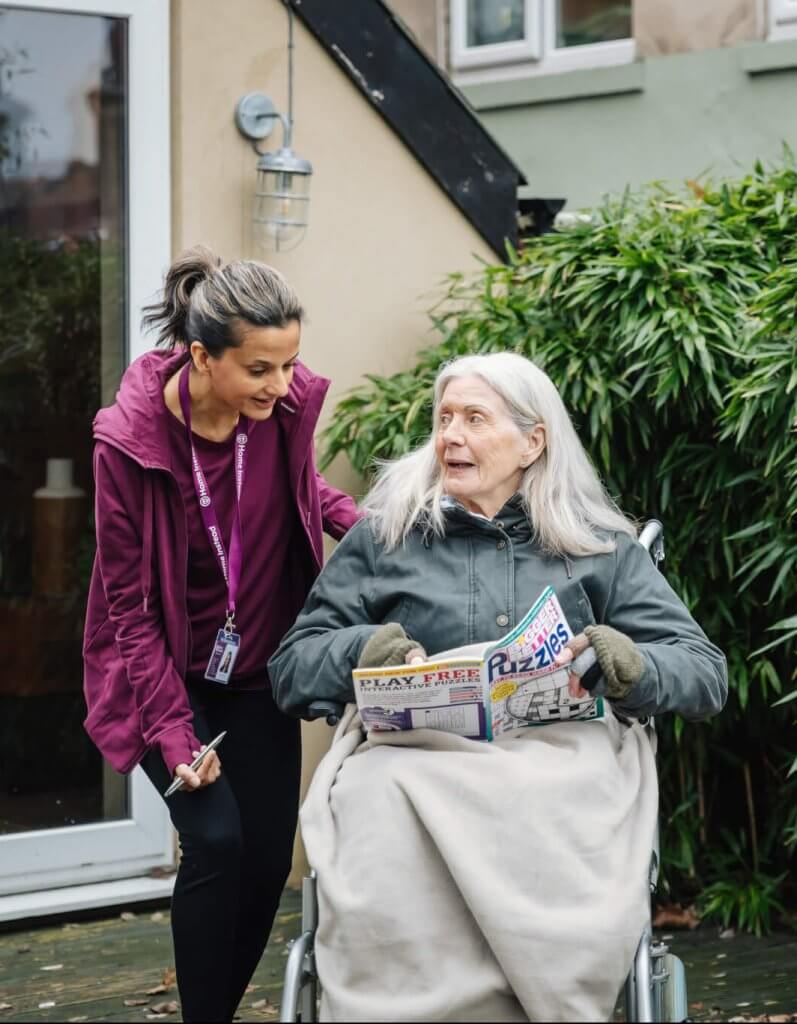Common ailments and warning signs for older generations

As we age, our bodies change, and we can experience different health problems. We need to be aware of the common ailments and warning signs associated with ageing so that we can get treatment as soon as possible. It’s essential to try and spot these problems early on; there is a lot you can do to prevent them from becoming worse.
Around 50% of people aged 65-74 and nearly two-thirds of those over 85 have at least one long-term medical condition. An ageing population means these numbers are highly likely to increase in the coming years. By 2030, it’s predicted that around seven million older people will have at least one long-term illness or health problem.
How our body changes as we age
Ageing can affect our health in several ways. When we are young, our bodies can fight off infections and recover from illness more easily. As we age, our bodies change, and we begin more susceptible to health problems. As we age, our body changes; with our muscles shrinking, we become less able to move, and our bones become more brittle. Our organs also begin to slow down and become less efficient, and our immune system becomes less effective. This can lead to several health problems, including infections and illness.By being aware of the common ailments and warning signs associated with ageing, we can better protect ourselves from potential health problems. It is essential to see a doctor if you are experiencing any symptoms to get the treatment you need. ”When it comes to health, there is no ‘typical’ older person” – The World Health Organisation – 10 facts on ageing and health.

Common ailments among older people
There is a wide range of common health problems that older people experience. The most common of these are:
- Arthritis: this is one of the most common medical conditions among older people, affecting 10 million people in the UK. It causes joint pain and inflammation, which can restrict your movement. The most common form is osteoarthritis, caused by the wearing away of cartilage that caps the bones in your joints. Rheumatoid arthritis occurs when the immune system attacks the joints.
- Asthma: this occurs when the body’s airways are sensitive to allergens and become inflamed. This inflammation can cause a painful and frightening asthma attack, which causes the airway muscles to tighten and narrow, making it hard to breathe.
- Cancer: 1 in 2 people will develop cancer at some point in their lives, according Cancer Research UK. There are over 200 types, such as breast cancer, prostate cancer and lung cancer. Cancer is a disease where cells in the body replicate abnormally and form a mass known as a tumour.
- Dementia: this is a progressive disorder that affects memory and overall brain function. It is relatively common in older people, affecting around 1 in 14 people over 65, and this increases to 1 in 6 people over the age of 80. The most common and well-known form of dementia is Alzheimer’s disease.
- Diabetes: older people are susceptible to developing type two Type 2 diabetes is when the body does not have enough insulin or the insulin it makes doesn’t work correctly. This is the more common type of diabetes, affecting around 90% of people with diabetes, and it is often linked to being overweight or inactive.

The warning signs to look out for
If you have any of the following symptoms, you should seek medical advice. Bear in mind that having these symptoms doesn’t necessarily mean you have any of the ailments, but they are a sign you should get checked.For arthritis, watch out for joint pain, tenderness and stiffness. You may also suffer from restricted movement and inflammation in and around the joints.With asthma, symptoms can include coughing, a tight sensation in the chest and breathlessness, especially during the winter months. Asthma can also worsen during and after a bout of cold or flu.There are many types of cancer; some of the more common cancer symptoms to look out for include finding an unexpected lump, unexplained weight loss or unexplained blood in the stool or urine. Thanks to medical research, cancer survival rates have improved steadily for decades.As we get older, we all struggle with some aspects of memory; dementia symptoms can include difficulty remembering recent events, problems in conversation (struggling to follow what is being said or being able to find the right words), difficulty judging distance and forgetting where you are or what date it is.Symptoms of type 2 diabetes include urinating more than usual, particularly at night, feeling thirsty, feeling very tired, losing weight without trying too, repeatedly getting thrush, and blurred vision.

Old age brings wisdom, experience, and perspective, but it also means we are susceptible to a range of common ailments caused by the ageing process itself. By being aware of the warning signs associated with ageing, we can better protect ourselves from potential health problems. It is essential to see a doctor if you are experiencing any symptoms. It’ll mean you can manage your condition more effectively and ensure you have the best quality of life possible. For serious challenges, consider bringing in aid from our Care Professionals who can offer help with complex care issues as well as simple companionship care at home to help you feel fully supported at all times.